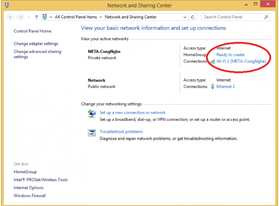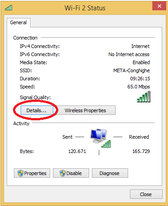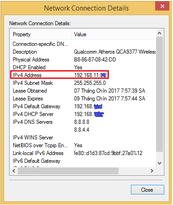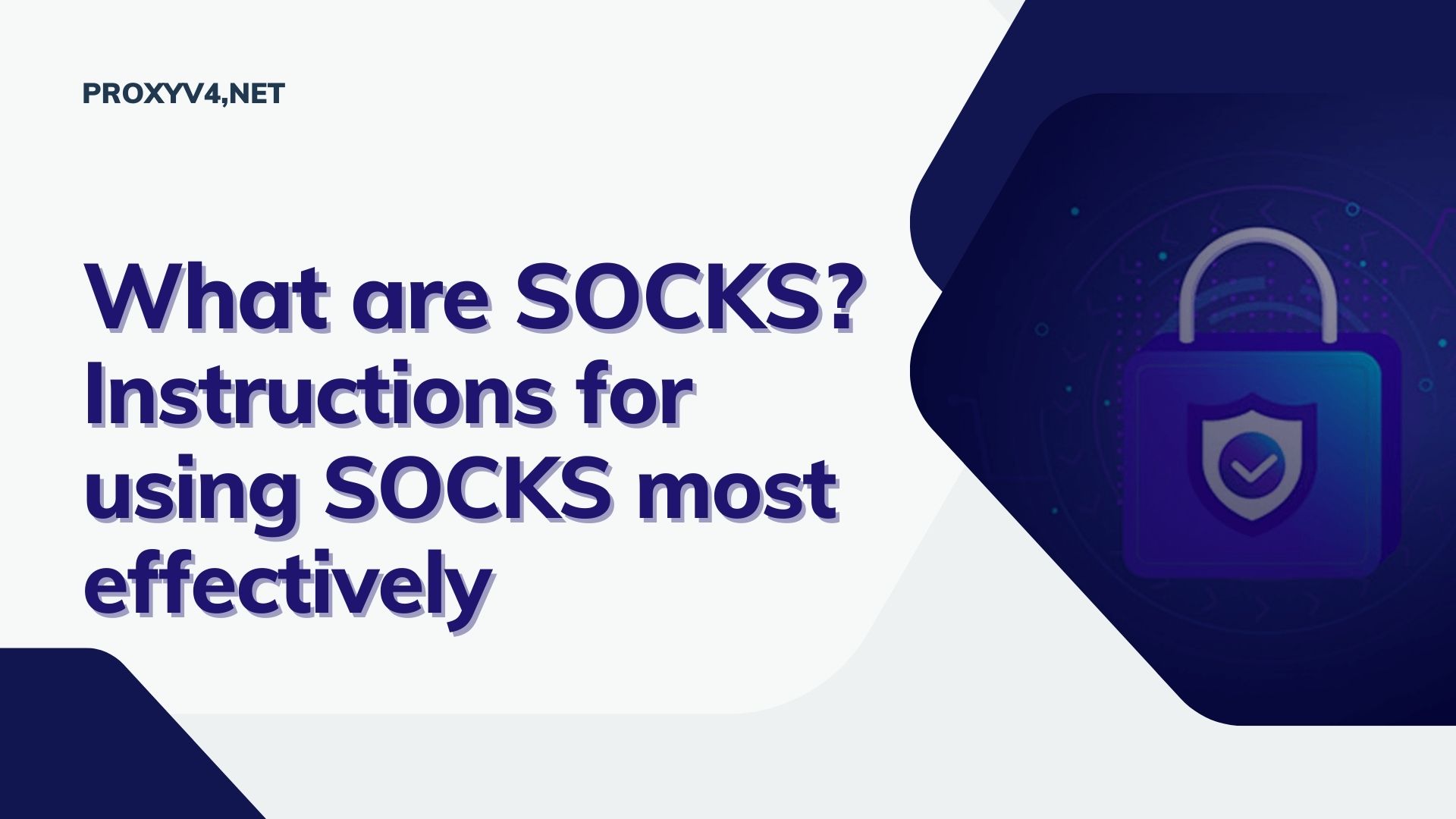The IP address, a familiar term that internet users often hear, but not everyone truly understands deeply about it. What role does this address play in connecting your device to the digital world? How many types of IP addresses are there, and how can you check it on your device? To gain a clearer understanding of the technical and practical aspects of IP addresses, let’s delve into this article, analyzed and explained by an expert in computer networking.
Introduction to IP Address
What is an IP Address?
The IP address, short for “Internet Protocol,” is not just a simple number sequence but also a crucial element in establishing and maintaining connections on the web. To get a clearer picture, imagine a large city where each house, store, or office has a specific address that helps you accurately identify their location. In cyberspace, the IP address is that “home address,” which helps identify and recognize each device.
When a device, whether it’s a personal computer, smartphone, server, or any network-capable device, wants to exchange information with another device, it uses the IP address as an identifier. This ensures the information reaches the right place without getting lost in the vast digital space.
Why is such an address system necessary? With billions of network-connected devices globally, effectively organizing and managing them becomes crucial. IP addresses are the most reliable solution to this issue, ensuring order and integrity of information online.
But it doesn’t stop there; IP addresses also enable many other tasks. For instance, when you visit a website, your IP address is sent to the web server hosting that site, helping it identify and send back the correct data. Simultaneously, it helps internet service providers and security organizations monitor and safeguard the network against potential threats.

Buy cheap proxies at proxyv6.net
Types of IP Addresses You Should Know
An IP address, or Internet Protocol Address, is a unique number sequence used to identify a device on the Internet. To understand the classification of IP addresses, we must distinguish between the primary types:
Public IP Address
This is the address that your Internet Service Provider (ISP) assigns to users when connecting to the internet. Specifically, it’s a unique address for each connection, allowing data to be forwarded to and from the internet.
Private IP Address
Used within a private network, such as a home or business network. These addresses cannot be directly accessed from the internet. Instead, they communicate internally via a device, typically a router.
Static IP Address
This is an IP address that remains constant. This address is often assigned to servers that need a fixed address, such as web or email servers, to ensure stability and easy access.
Dynamic IP Address
Automatically assigned by the ISP and can change after each connection or over a certain period. The primary goal of distributing dynamic IP addresses is to optimize the limited available IP address usage.
Quickly Checking Your IP Address
As an expert in computer networking, I frequently encounter questions about determining one’s computer’s IP address. The IP address is like your home address on the network, allowing you to send and receive data. Below is a simple, professional method to check the IP address on most Windows versions.
Step 1: Access the Network and Sharing Center
Firstly, on the main Windows interface, right-click the network icon and select “Open Network and Sharing Center”. This is Windows’ network management hub, where you can view all your connection-related information.

Step 2: Select Your Network Connection
In the “Network and Sharing Center” interface, you’ll see a list of network connections. Choose “Ready to create” if using a wired connection, or “Wifi” if connected via Wifi.

Step 3: Access Connection Details
When the network connection dialog appears, simply click on “Details”. This displays all the technical parameters of your network connection.

Step 4: Identify the IP Address
In the “Network Connection Details” dialog, look for the “IPv4 Address” line. The address listed next to it is your computer’s IP address.

Get affordable proxies at proxyv4.net
In today’s digital age, quick, safe, and stable internet access is a top concern for businesses and individuals alike. Proxies not only help you overcome access limitations but also provide privacy and safety when browsing the web. And if you’re seeking a high-quality proxy service at a reasonable price, proxyv4.net is the place to go.
Highly rated by experts and users alike for stability, speed, and customer support, proxyv4.net tops the list when you want to purchase affordable proxies. Beyond offering a smooth internet experience, proxyv4.net also commits to protecting your personal information and data from potential online threats.
Whether you’re an IT professional, marketer, or just an individual aiming for the best internet experience, don’t hesitate to get in touch. The professional technical team at proxyv4.net is ready to answer all your questions and assist during your usage. Investing in a quality proxy service is a step in the right direction for optimal internet experience. Choose proxyv4.net today and feel the difference!








